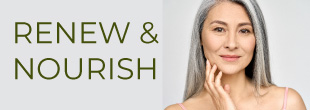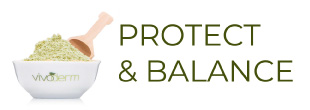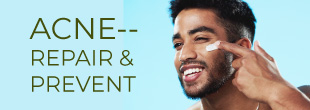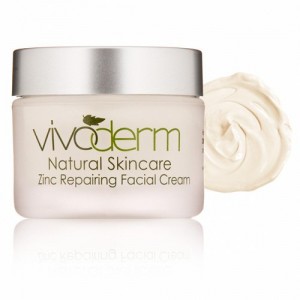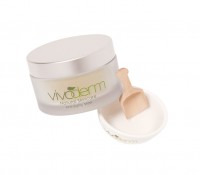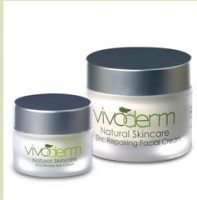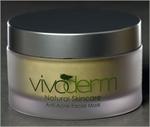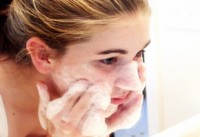By Van Le | Many pregnant women radiate that natural special “glow”, however, hormonal changes can also influence new reactions to certain chemicals. Knowing what, and more importantly, what not to put into your body during those nine months can affect the well-being of you and your baby. What to put on your body is no different. Since some skincare products can seep into the bloodstream, pregnant women should avoid the following ingredients.
Retinoids
Due to the ability to accelerate cell growth and renewal, retinoids (a type of Vitamin A) are commonly found in many anti-aging products. While Vitamin A is vital for growth and development of the fetus, excessive amounts can lead to birth defects. A study conducted in 1995 suggests that women who consume more than the recommended amount of Vitamin A in the first two months of their pregnancy doubled the risk of having a child with birth defects, according to the March of Dimes website. Topical application of retinoids has not been proven to be harmful, but as a precaution, many doctors and the National Institute of Health advise pregnant patients to stay away from skincare products containing this ingredient.
Salicylic Acid
Acne can wreak havoc anytime, but can be especially frustrating during pregnancy. Salicylic acid is a powerful and common remedy to help sooth inflammations and reduce redness caused by acne pimples, however, it can be harmful for the developing fetus. Medical experts have yet to pinpoint the exact amount of salicylic acid to deem as harmful, but believe that it can lead to respiratory problems for both the mother and baby.
Oxybenzone and Avobenzone
Just because you’re pregnant does not mean you can’t have some fun in the sun. As always, sun protection is pivotal, especially during hours of 10am and 4pm, when the sun’s UVA and UVB rays are most harmful. During the 1970s the Food and Drug Administration approved oxybenzone and avobenzone as safe UVA absorbers, however, a study done at Mt. Sinai School of Medicine in New York states that oxybenzone may cause lower birth weight in baby girls and has also been linked to cell damage and allergies. Avobenzone is capable of absorbing UVA lights, making it effective in sunscreen products, however, it can be absorbed into the skin, therefore, some healthcare professionals encourage expecting mothers to stay away from products containing oxybenzone and avobenzone. A safe sunscreen alternative is zinc oxide, which is made of organic ingredients that siton top of the skin as a protective barrier. Physical sun protection such as clothing as hats are also effective and highly recommended by doctors.
An expecting mother may not have total control over her cravings or hormones, but can dictate which products and ingredients go in and on her body. Most pregnant women abstain from products that have been proven as dangerous and unsafe, such as alcohol and cigarettes. A commitment to stay away from potentially harmful ingredients can also have long-lasting positive effects for both the mother and unborn child.
Van Le is a staff writer for the CSU paper the Daily Titan and writing intern for Vivoderm Laboratories in Los Angeles, California. She is currently pursuing a Journalism degree at California State University, Fullerton.
For the latest findings on natural skincare link to ORGANICSKINCAREINFO.NET
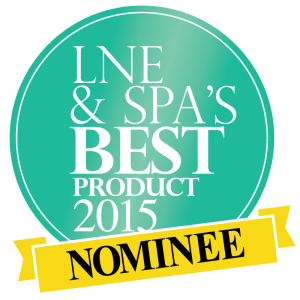 VIVODERM is nominated again! Each year, The Les Nouvelle Esthetique & Spa Educational Committee selects four nominees—based on rave reviews from LNE & Spa readers and attendees of The International Congress of Esthetics and Spa—for each of 38 categories to honor outstanding products and equipment in the world of esthetics and spa.
VIVODERM is nominated again! Each year, The Les Nouvelle Esthetique & Spa Educational Committee selects four nominees—based on rave reviews from LNE & Spa readers and attendees of The International Congress of Esthetics and Spa—for each of 38 categories to honor outstanding products and equipment in the world of esthetics and spa.

